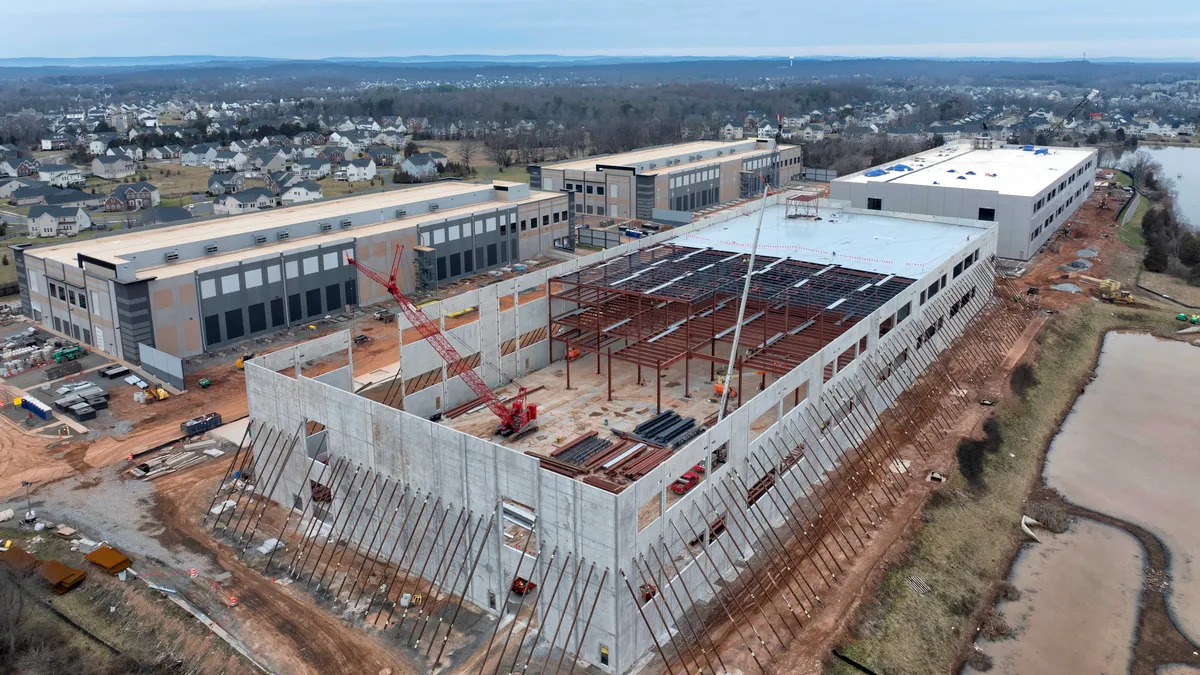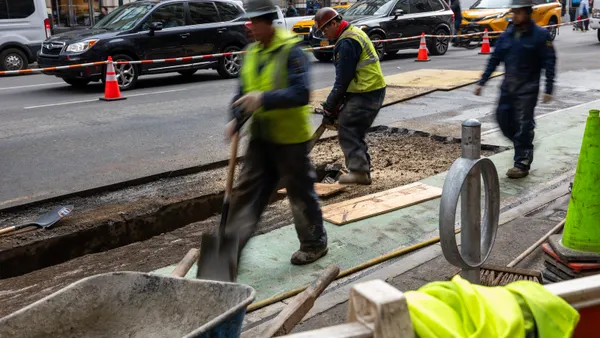Dive Brief:
- A shortage of insurance adjusters could slow recovery efforts in Florida following Hurricane Irma, furthering the extent of some damage, The Wall Street Journal reported.
- There are 57,000 independent adjusters in the U.S., and many from Florida and elsewhere traveled to Houston in the aftermath of Hurricane Harvey, which hit two weeks before Irma. To draw in more help, Florida has accelerated approvals for adjusters to work in the state.
- That the devastating storms occurred back-to-back in areas of high insurance compliance has put additional stress on the system.
Dive Insight:
The repair and rebuilding process is underway in Florida and the Gulf Coast, and with it comes plenty of questions. One of the biggest is how efficiently — and fairly — the insurance claims will be processed for the hundreds of thousands of home and business owners in each area whose property sustained damage.
In Florida, some worry the situation will exacerbate ongoing concerns over Assignment of Benefits fraud. The mechanism allows contractors to bill insurance companies directly, but it can be abused by fraudulent contractors who lock in customers at higher rates than they'd pay otherwise.
Although these and other "storm chasers" are focused on consumers, their actions can impact the professional community. Texas, which is known for its lack of state-level control over certain contractor groups, is seeing a growing push for voluntary licensing that would help consumers pick viable companies and therefore allow honest contractors to better compete. Colorado, Kansas and Kentucky are among states with related legislation.
Monitoring insurance companies will also be important in the coming weeks and months. In the aftermath of Superstorm Sandy in the Northeast, private insurers were found to be underpaying on claims through the National Flood Insurance Program, delaying the rebuilding process by years for some owners. NPR reported that the delays were in part a course-correction by the insurance industry after overpaying in the aftermath of Hurricane Katrina. That action, however, could also be read as insurers trying to maintain high margins.
In Houston, many of the affected properties were located outside the floodplain and so they may not have had flood insurance. Those without insurance will need to come up with the money for repairs on their own. As The Journal notes, delaying repairs could exacerbate damage, raising repair costs. That's led to consistent calls before and after the storm to redraw the flood maps to account for the region's high rate of growth and projections for future extreme weather events.














